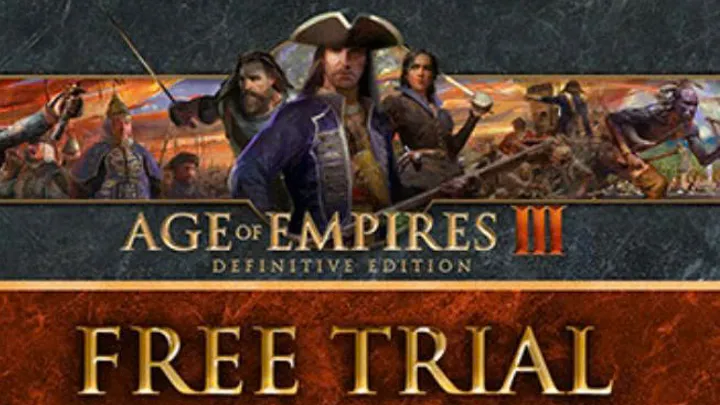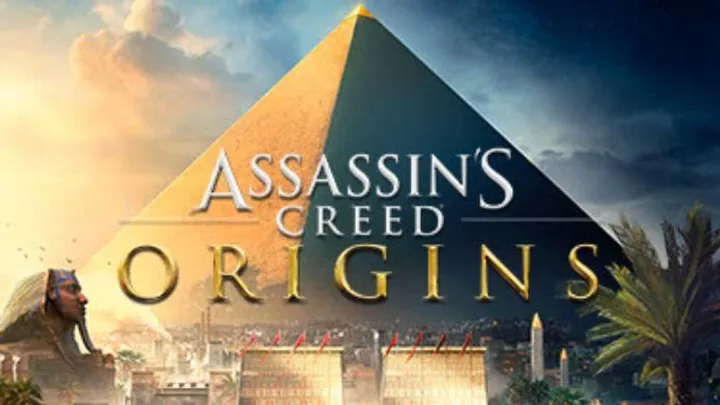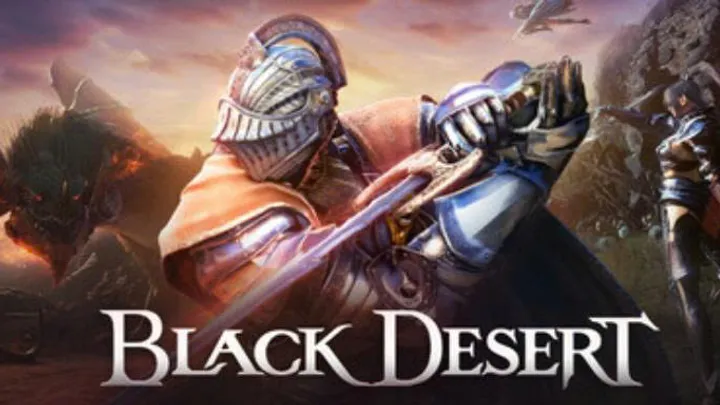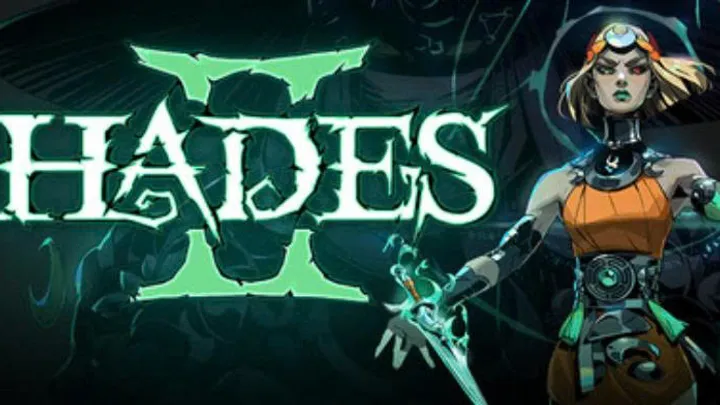When Assassin’s Creed Origins launched in 2017, it represented more than just another entry in Ubisoft’s long-running historical action series. It was a complete reimagining of what Assassin’s Creed could be. After a decade of annual releases, Origins sought to refresh the formula by blending open-world exploration with RPG-inspired progression.
But while this shift reinvigorated the franchise for some, it also created a deep divide among fans. The introduction of level-gated content, loot-driven equipment systems, and numerical damage outputs changed the series’ identity. What had once been a stealth-action game grounded in precision became a grind-heavy RPG where numbers often mattered more than skill.
The Traditional Assassin’s Creed Formula
Before Origins, Assassin’s Creed followed a clear structure. Players embodied assassins with immediate access to iconic weapons like hidden blades, relying on stealth, parkour, and counter-based combat. Missions were story-driven, often revolving around carefully orchestrated assassinations.
Progression existed, but it was subtle—new tools or gadgets unlocked naturally through the story rather than through grinding levels. The sense of empowerment came from mastering stealth and timing, not chasing higher gear scores. Fans who fell in love with this formula expected continuity, even as each new entry introduced unique settings and protagonists.
The Origins Shift to RPG Systems
Origins broke from this tradition by implementing an RPG framework. Enemies now had levels, health bars, and armor. Weapons came with stats, rarity tiers, and perks. Bayek, the protagonist, no longer relied solely on stealth and the hidden blade—success often depended on player level and gear quality.
On paper, this gave players freedom to customize builds and experiment with new combat strategies. In practice, however, it made some classic mechanics feel obsolete. For example, the hidden blade, once an iconic one-hit-kill tool, could now fail against higher-level enemies. The result was a clash between old expectations and new mechanics.
Level-Gating and Player Frustration
One of the most controversial changes was level-gating. Areas of the map were designed for players at specific levels, and straying into high-level regions often resulted in instant death. Quests, too, were locked behind level requirements, forcing players to grind side missions before advancing the main story.
This structure slowed pacing and undermined narrative immersion. Instead of chasing targets organically, players often had to farm experience through repetitive activities. For a series once celebrated for its story-driven flow, this grind-heavy design felt like a step backward.
Loot and Gear Saturation
Origins introduced a loot-driven gear system with weapon rarities ranging from common to legendary. While variety in weapon types (swords, spears, bows, heavy clubs) enriched combat options, the sheer quantity of drops diluted their value. Players often discarded weapons not because they were bad, but because they were under-leveled.
This treadmill created a sense of disposability. The bond players once had with iconic assassin gear was replaced by constant swapping and upgrading. Instead of mastery, progress became about chasing higher numbers—a design choice that divided the community sharply.
Combat Identity Crisis
Traditional Assassin’s Creed combat was simple but elegant, built around parries, counters, and environmental kills. Origins replaced this with an RPG combat system closer to action games like The Witcher 3 or Dark Souls. Positioning, hitboxes, and stamina-like mechanics became central.
While many praised the new combat for being more dynamic, others criticized it for diluting the assassin fantasy. Long sword duels in open fields clashed with the series’ roots in stealth and precision. When fighting enemies became more effective than sneaking past them, the very identity of Assassin’s Creed felt at risk.
The Hidden Blade Debate
Perhaps no symbol illustrates Origins’ RPG transformation better than the hidden blade. Previously, it was a guarantee: if you managed to sneak close enough, a single stab would end the fight. In Origins, however, enemies could shrug off hidden blade attacks if they were a higher level than Bayek.
This undermined the satisfaction of stealth. Players who executed perfect infiltrations often felt cheated when their iconic assassination tool failed. What was once a skill-based payoff became a numbers game. This change remains one of the most polarizing aspects of the RPG shift.
Narrative Impact of Progression Systems
The RPG framework didn’t just affect mechanics—it altered storytelling. Assassin’s Creed games traditionally emphasized fluid narratives, with missions driving the plot forward. Origins, however, often forced players to grind before tackling main quests, interrupting story momentum.
For example, players eager to chase down a target might find themselves several levels too low, requiring hours of unrelated side missions. This dissonance weakened the narrative’s urgency. Instead of feeling like an unstoppable assassin with a clear mission, Bayek often felt like a soldier bogged down in errands.
Community Division and Franchise Identity
Origins succeeded commercially and critically, drawing in RPG fans and revitalizing Ubisoft’s open-world formula. However, it alienated a portion of the long-term fan base. Some praised the depth and customization of the new systems; others lamented the loss of stealth-driven identity.
This division grew sharper with later entries like Odyssey and Valhalla, which doubled down on RPG mechanics. Many fans now debate whether Assassin’s Creed should be an RPG franchise or return to its stealth-action roots. Origins was the tipping point that created this identity crisis.
Lessons from Origins’ Transformation
Origins taught Ubisoft several lessons about evolving a franchise:
- Innovation attracts new players – RPG mechanics expanded the audience.
- Nostalgia matters – alienating core fans risks long-term loyalty.
- Balance is critical – RPG systems must complement, not replace, core franchise identity.
- Pacing defines immersion – excessive grinding undermines narrative urgency.
These lessons continue to shape Ubisoft’s decisions, as seen in the announced pivot of future titles like Assassin’s Creed Mirage, which promises a return to stealth roots.
The Legacy of Assassin’s Creed Origins
Despite controversy, Origins remains a landmark entry. It revitalized a struggling franchise, introduced stunning recreations of ancient Egypt, and pushed Assassin’s Creed into new territory. Its RPG systems may have diluted stealth identity, but they also opened creative possibilities for exploration, combat, and player choice.
Origins will always be remembered as the game that redefined Assassin’s Creed—for better and for worse. It represents both the courage to innovate and the dangers of straying too far from a series’ foundation.
Conclusion
Assassin’s Creed Origins reshaped the franchise by shifting from stealth-action to RPG progression. While it brought fresh mechanics, richer combat, and an expansive world, it also eroded the series’ core identity. The loss of reliable stealth tools, forced grinding, and gear-driven progression left longtime fans questioning what it truly means to be an Assassin.
In hindsight, Origins was both a bold leap and a controversial gamble. It secured Assassin’s Creed’s survival but fractured its identity. Whether future titles reconcile RPG depth with stealth purity will determine the series’ long-term legacy.

















